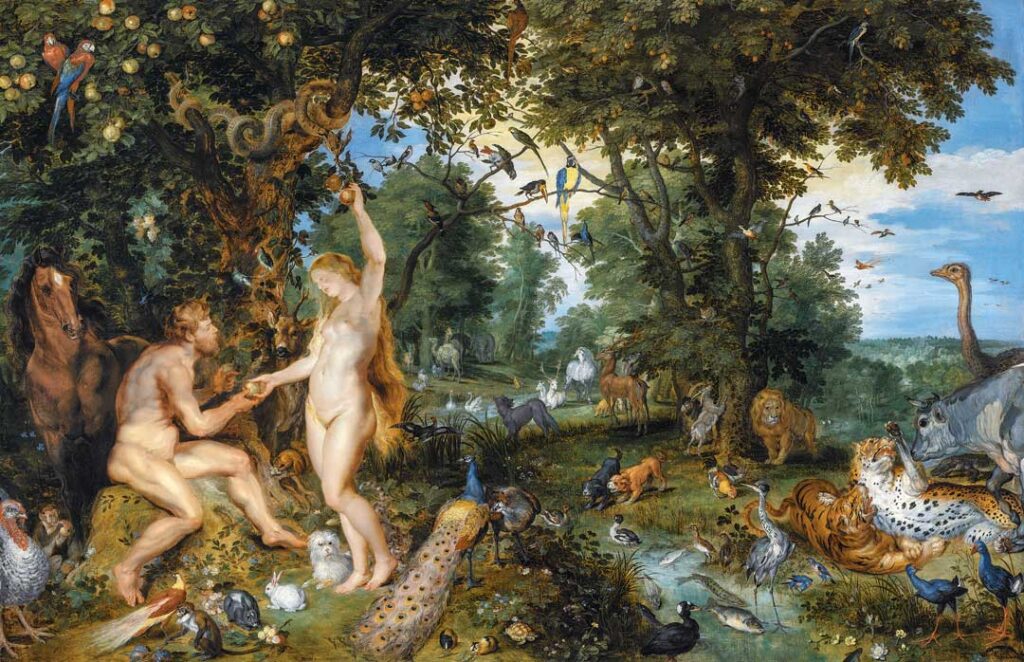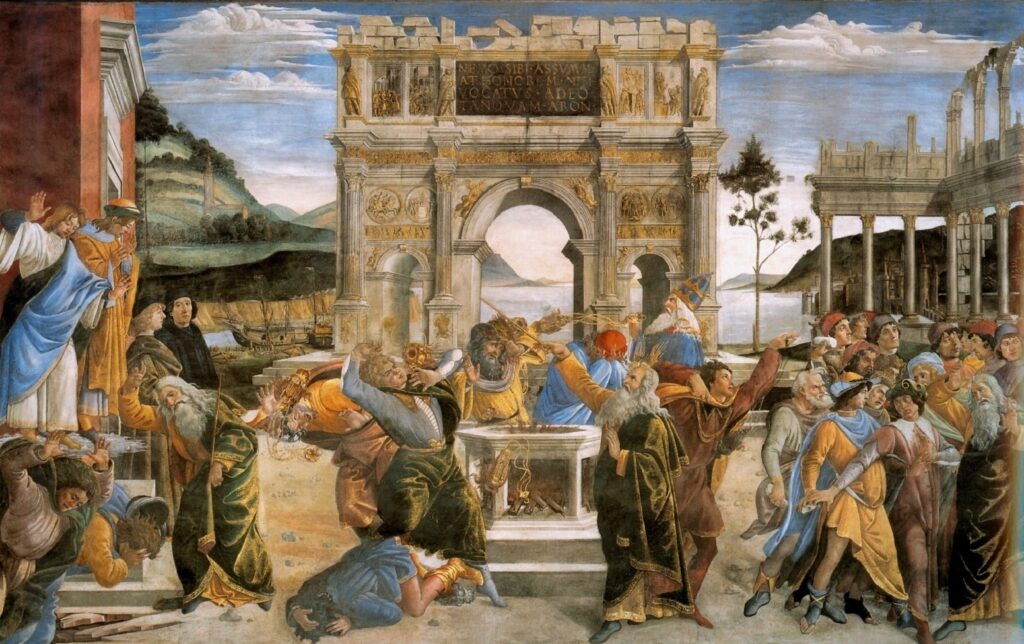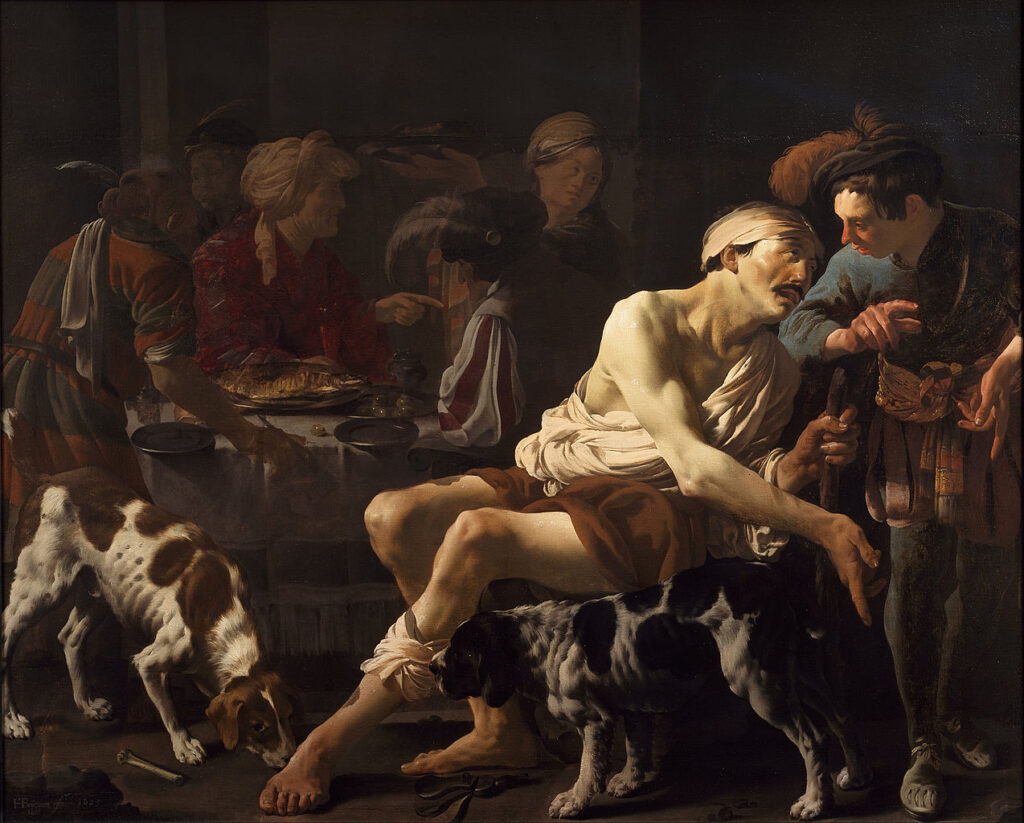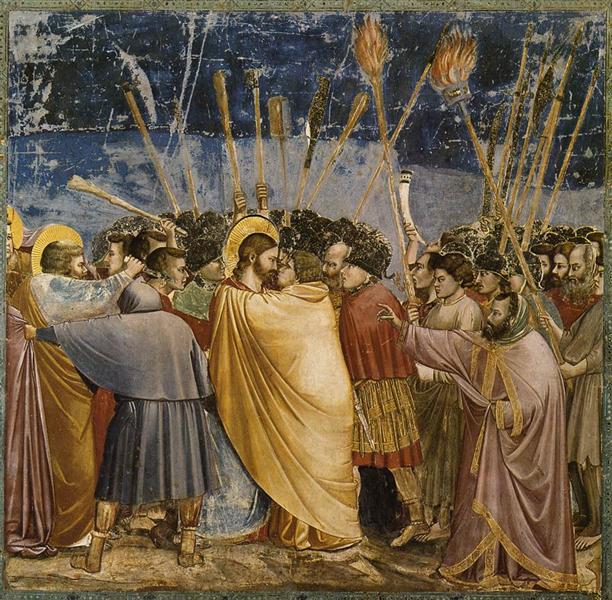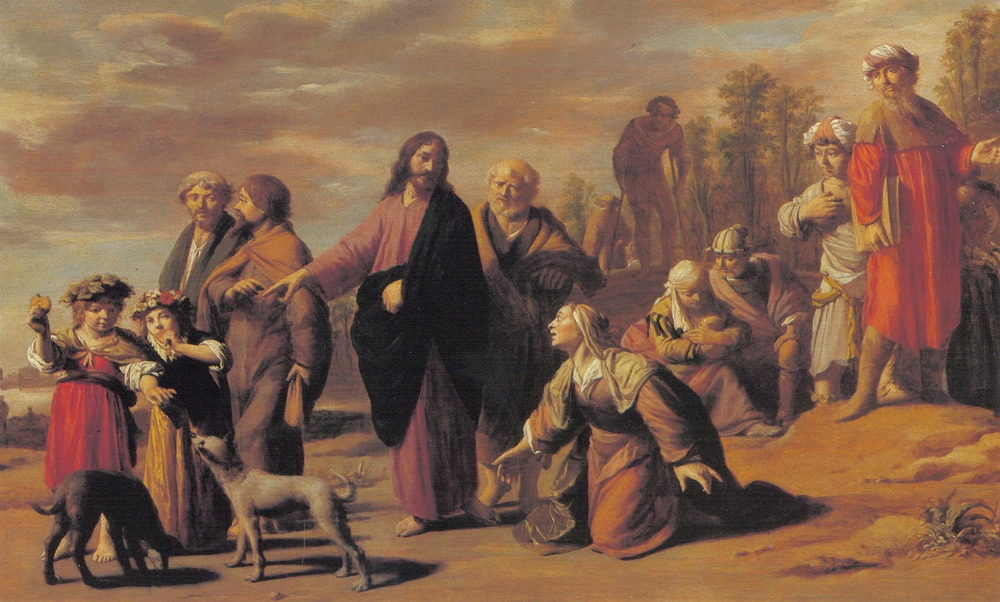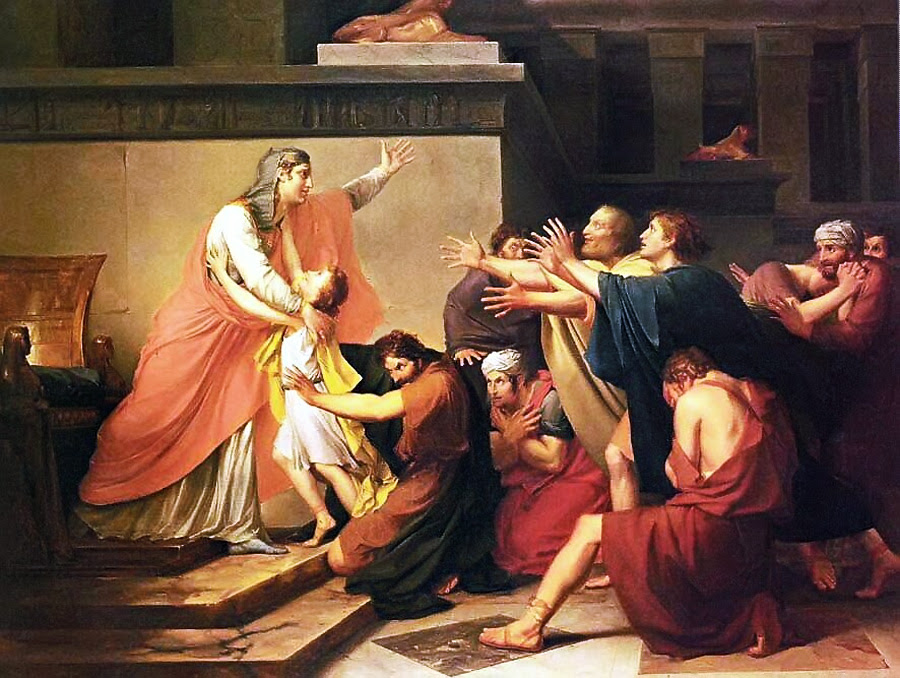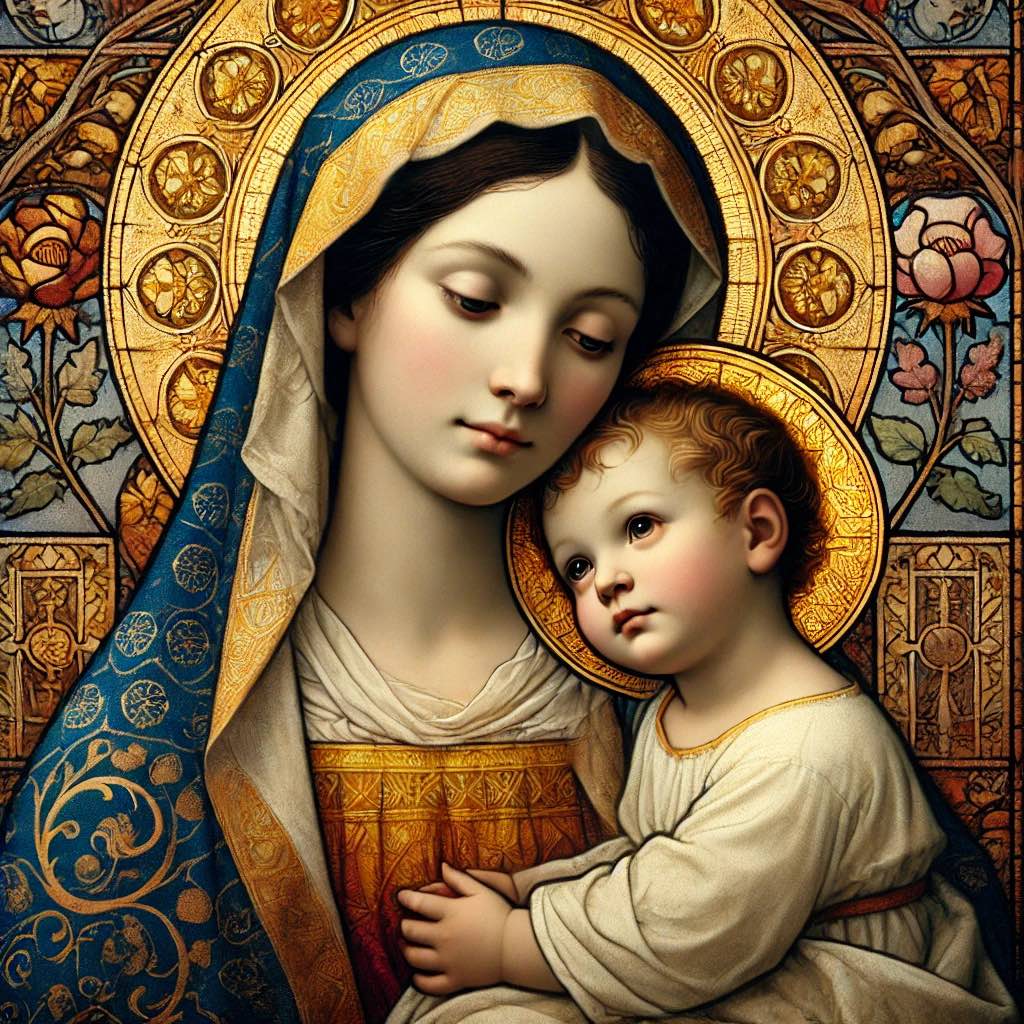The Story That Shook the Ancient World
Walk into the mind of an ancient Babylonian, and you will find a universe not unlike the mythological stage of a Greek tragedy: gods at war, gods begetting other gods, gods enslaving men. The heavens and the earth themselves were often imagined as the leftovers of some cosmic butcher shop, the dismembered carcass of a […]
The Story That Shook the Ancient World Read More »


